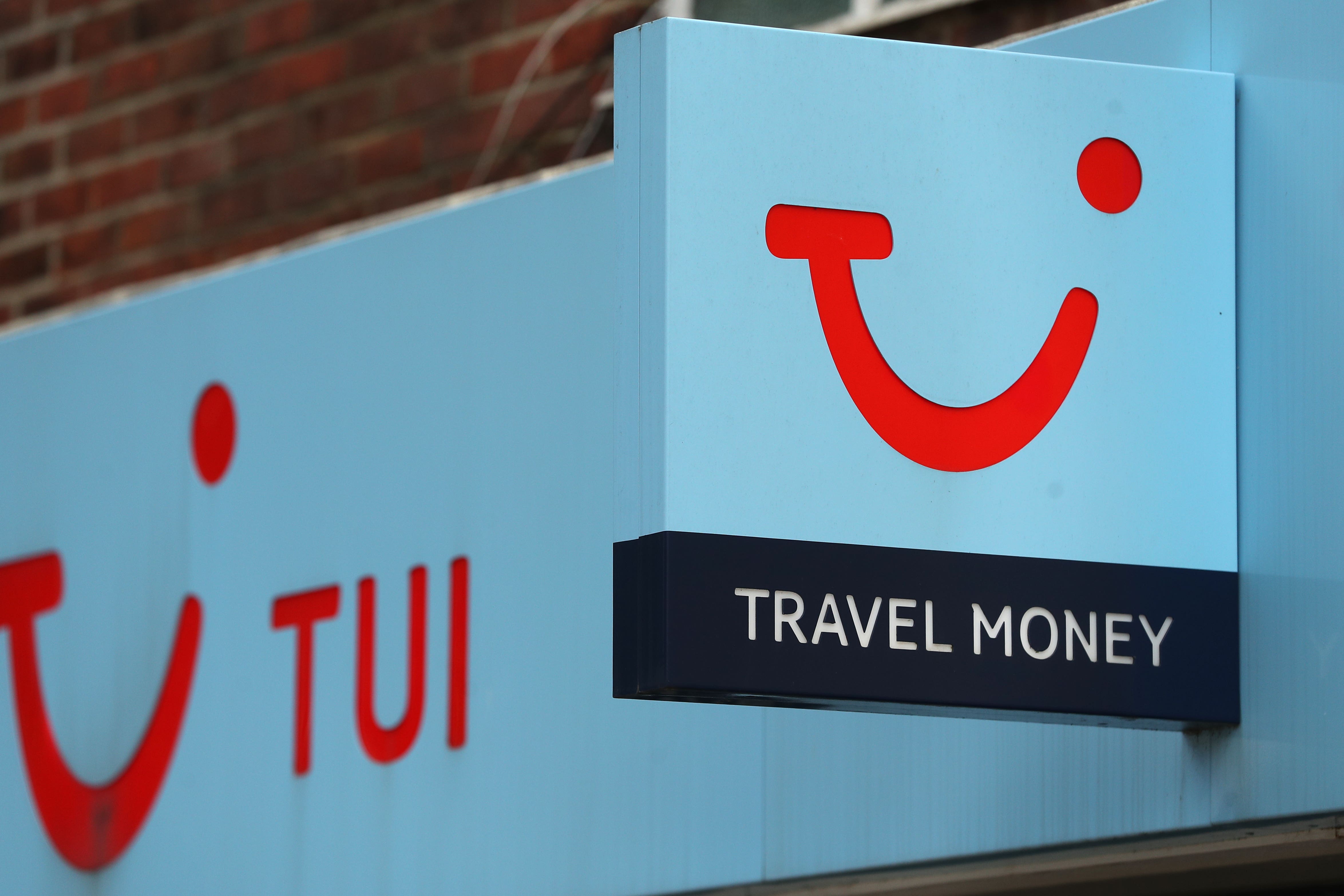Tui will put staff in houses instead of hotels amid Spanish tourism protest warning
There are protests across Spain against mass tourism
Demonstrations against mass tourism on Spain’s Canary Islands have prompted European travel giant Tui to invest in housing for its staff rather than hotels.
The company announced the news on Wednesday while trying to play down the size of the protests.
“We have offered to build housing for employees and others. We have proactively addressed the issue,” Tui chief executive Sebastian Ebel said after Europe’s largest tour operator reported quarterly earnings.
Last month, thousands of people protested in Tenerife and other islands of the beach-lined archipelago, calling on authorities to limit tourist numbers to relieve pressure on the environment, infrastructure and housing stock.
“This is a very important topic for us to clear up,” Ebel said.
He argued that package tourism did not contribute to a housing crunch on the islands, saying that every holidaymaker Tui brings to the region has a bed in a hotel.
The protests were also less of an issue in the Canary Islands than made out in German media coverage, he added.
Nevertheless, the company will not be investing in new hotels there, the CEO said.

Meanwhile, travellers heading to Spain’s Balearic Islands could see their trips disrupted as mass anti-tourism protests are planned across several popular destinations.
Demonstrations in Ibiza are set to begin on 24 May, which will be followed by action in Mallorca on 27 May – a time when many UK travellers will be going abroad – and comes after similar protests in the Canary Islands at the end of April.
Activists from the Prou Eivissa (Enough Ibiza) group said that the island “cannot take anymore” and it needed to draw attention to the “negative impacts” that “uncontrolled tourism” was having.
On Wednesday Tui revealed record revenue for the first three months of 2024.
A total of 2.8 million customers paid an average of 3 per cent more for their holidays in the quarter compared with a year earlier, taking revenue to €3.6bn (£3.1bn).
The Canary Islands and Egypt were the most popular package holiday destinations between January and March, with demand for Cape Verde – the Portuguese-speaking archipelago off the west coast of Africa “increasing further”.
Demand was particularly strong for Tui’s cruise ships. The average daily rate rose by one-fifth to €221 (£190), while the number of empty cabins fell by three-quarters; on average 49 out of 50 are filled on the company’s vessels.
The quarterly loss fell by 22 per cent to €189m (£162m); Tui traditionally loses money in winter.
Join our commenting forum
Join thought-provoking conversations, follow other Independent readers and see their replies
Comments
Bookmark popover
Removed from bookmarks